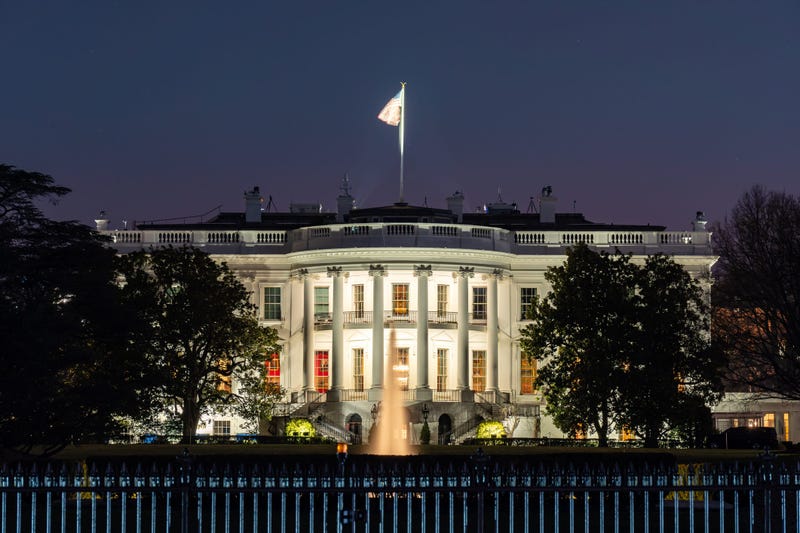
The Democratic and Republican National Conventions are both now in the rear-view mirror, with President Trump finishing up last night on the White House lawn. To discuss Trump’s speech and the state of the 2020 race, Newell invited “Lunchtime Politics” publisher and political analyst Ron Faucheaux onto the show Friday morning.
“It seems as though former Vice President Joe Biden got a little bit of a bump from his convention,” Newell began. “That’s always expected and it seems like they delivered on that this year.”“A little bit, but not a whole lot,” Faucheaux said. “His personal ratings seem to have improvised, his favorability ratings went up right after the convention, and his negative ratings went down. But his lead over Trump does not appear to have grown as a result. Now, after the Republicans have had four days to go after him, we will see if those gains are short-lived or if they are permanent at this point.”“We talked a lot about the virtual nature of the DNC,” Newell continued. “We saw a little less of that from the RNC - what’s your overview on how those two compared and contrasted?”“The Democratic Convention was geared towards improving Biden’s overall likability and to create the sense that he’s empathetic with average people, and really cares about them,” Faucheaux replied. “And to some extent, they succeeded with that. The GOP convention was more missive-oriented. It was less personal in terms of improving the President’s ratings, because they know they can't improve them much. So they are drawing ideological and issue lines between the parties, and I think they were somewhat successful in doing that.”“One thing that struck me is that the DNC adopted a fairly lengthy party platform, but they didn’t really talk about it very much during their convention,” Newell said.
“No, they didn’t talk about it much, and the reason why that’s so apparent is that oftentimes there are controversies in party platforms. One group wants to change this, amend it to that, and of course you didn’t see any of that this year, it was just accepted without much attention, and that’s really the way a lot of party platforms have gone over these years. They’re no longer foundational documents to fight over, they’re advertising copy to get everyone’s agreement, and the Republicans didn’t even do a platform, which I thought was pretty cynical… the day of the party platform looks like it’s pretty much over with.”
